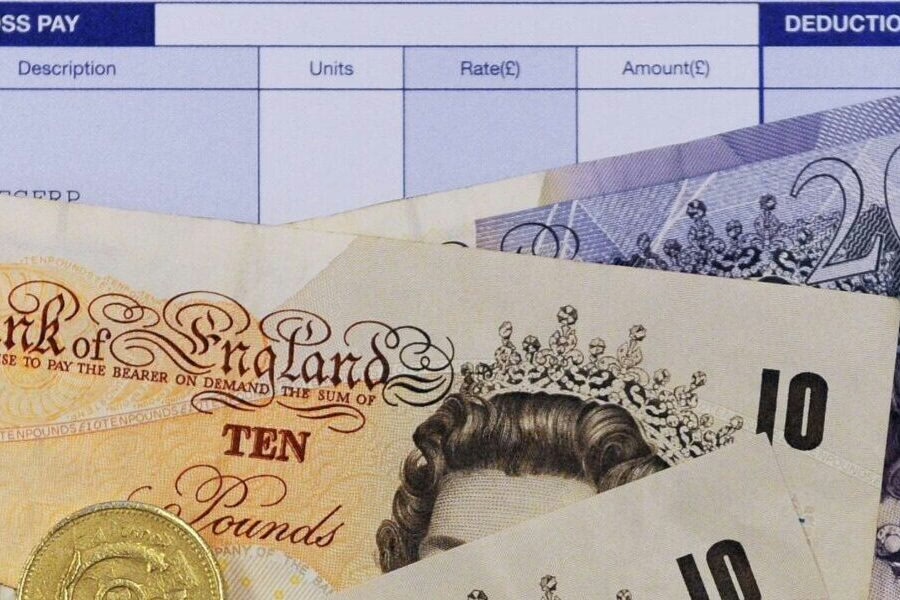
The latest research from The Global Payroll Association (GPA) reveals that the UK’s gender pay gap widened in 2024, reversing a two-year trend of narrowing disparities.
The average hourly salary for men in the UK rose to £23.11 in 2024, marking an annual increase of £1.56. Women’s hourly earnings increased to £19.92, a rise of £1.22. This change widened the UK’s annual gender pay gap score to 13.8, up from 13.2 in 2023. A score of zero represents pay equality.
This marks the first time in two years that the gender pay gap has grown, although the disparity remains smaller than in 2021, when the pay gap score reached 14.7.
Melanie Pizzey, CEO and Founder of the Global Payroll Association, said, “Gender inequality remains alive and well when it comes to the average earnings on offer across the UK and, whilst the gap had been narrowing over the last two years, 2024 saw a complete reversal in this trend with the gender pay gap widening to its largest since 2021.”
Regional Gender Pay Gap Analysis
On a regional level, London recorded the widest gender pay gap in 2024, with a score of 18.8. This is followed by the South East (18), East of England (17.4), South West (15.1), and East Midlands (14.3). London saw the most significant movement away from pay equality, with its gender pay gap score increasing by 2.6 points compared to 2023. The East of England followed, with a 1.6-point rise, and Scotland experienced a 1.4-point increase.
In contrast, five UK regions recorded reductions in their gender pay gaps. The West Midlands saw the largest improvement, with its score reducing by 2.9 points. Yorkshire and Humber followed with a 2-point decrease, while Wales, the North East, and East Midlands recorded reductions of 1.4, 0.3, and 0.3 points, respectively.
Wales now has the smallest gender pay gap, with a score of 7.2, overtaking Scotland, which recorded a score of 8.2. The West Midlands also showed notable progress, with its pay gap standing at 7.4.
With London and other regions moving away from parity, employers may face increasing pressure to implement measures that promote equitable compensation practices. Understanding these trends is essential for organisations to create actionable strategies that support fairness and transparency in pay structures, for progress toward closing the gender pay gap across all regions.
Melanie Pizzey said it was “disappointing” to see London come on top as the place with the most notable widening of the gender pay gap.
“You would hope that in a city as diverse as our capital, which attracts top professional talent from around the globe, businesses would be more receptive to the concept of equal pay,” she added.



